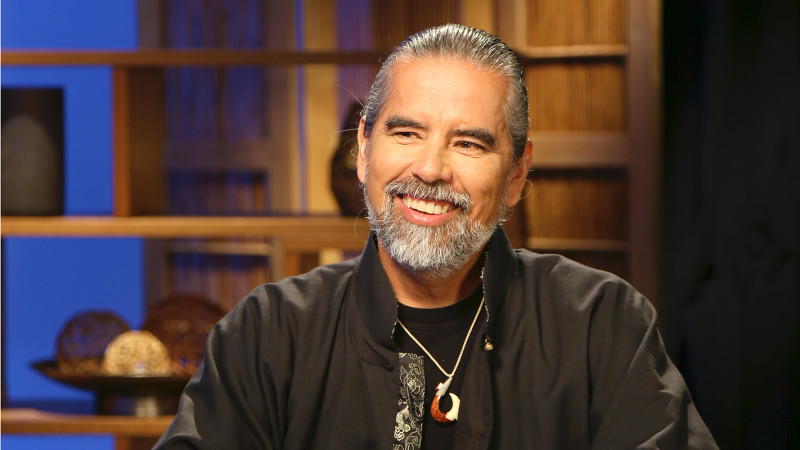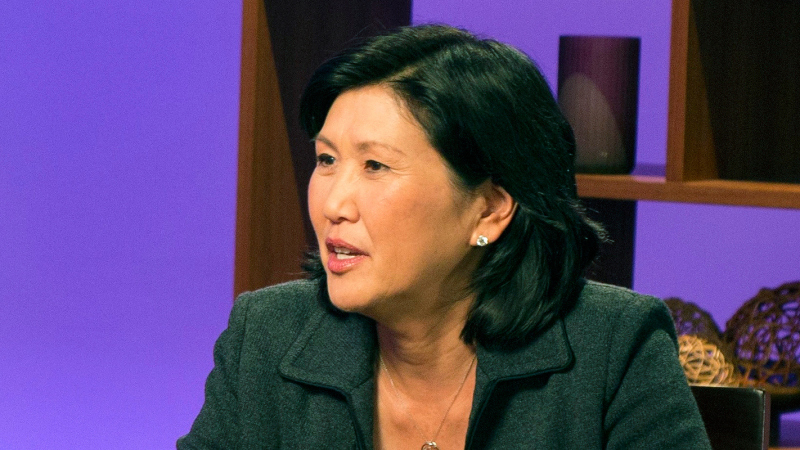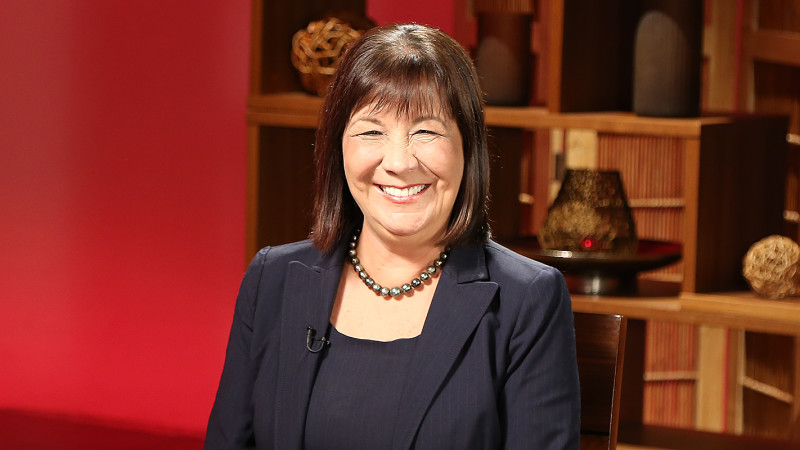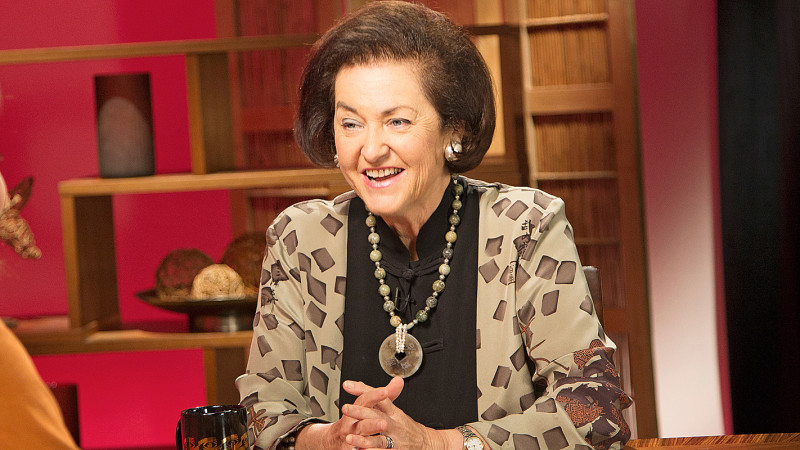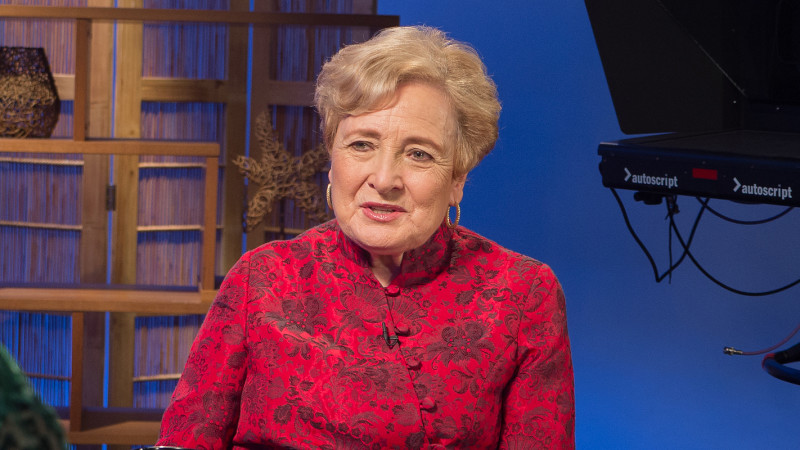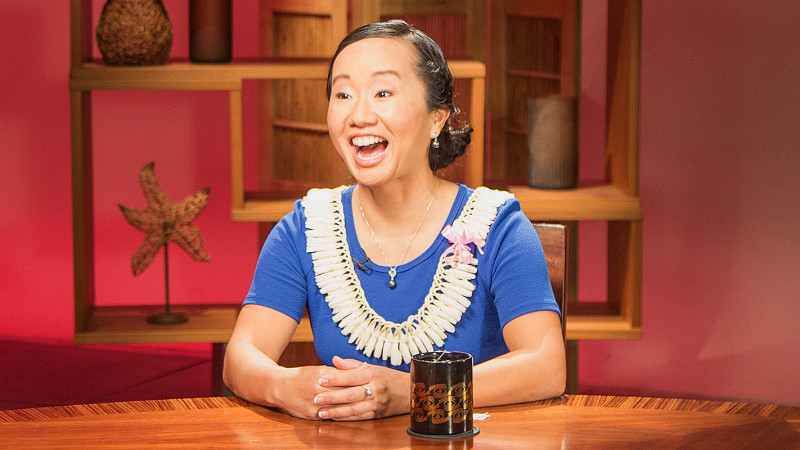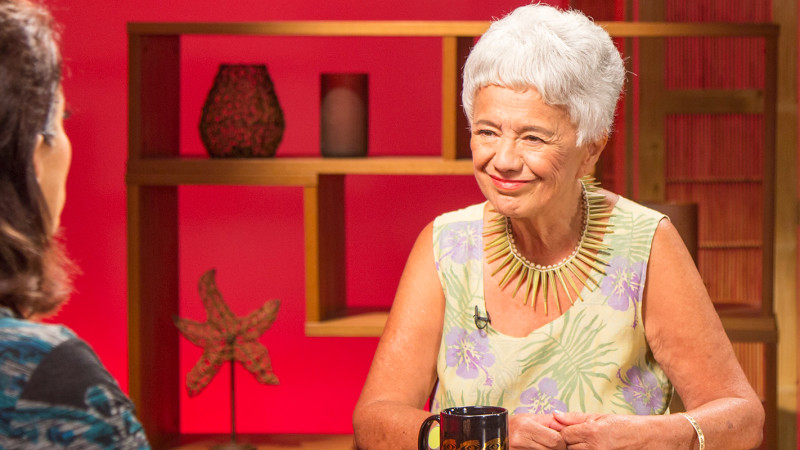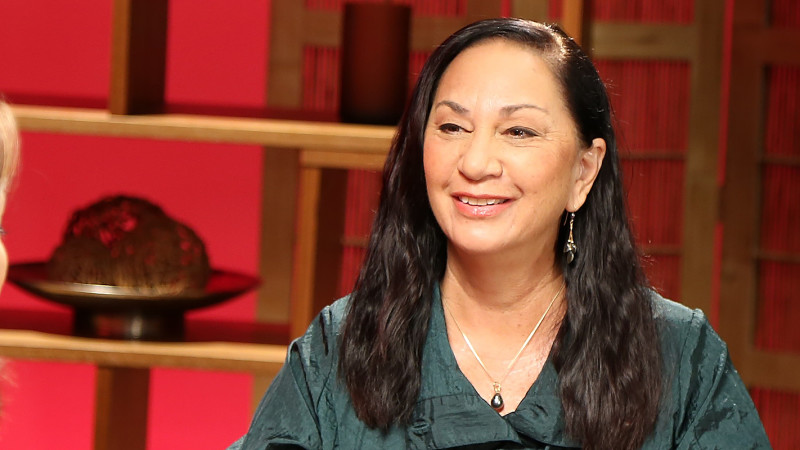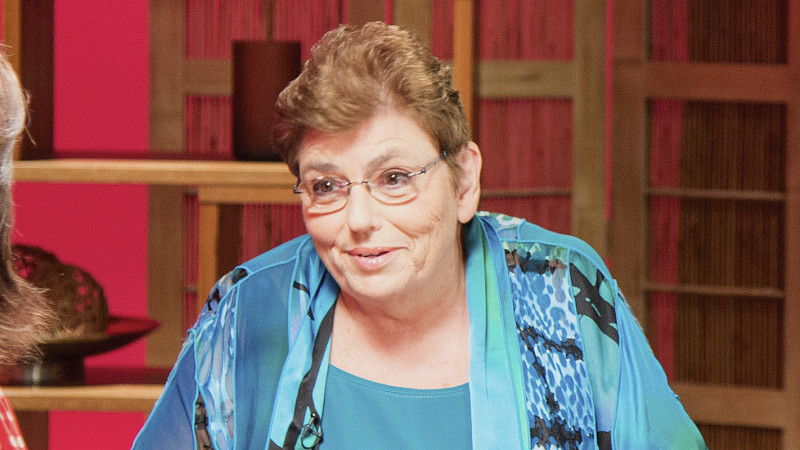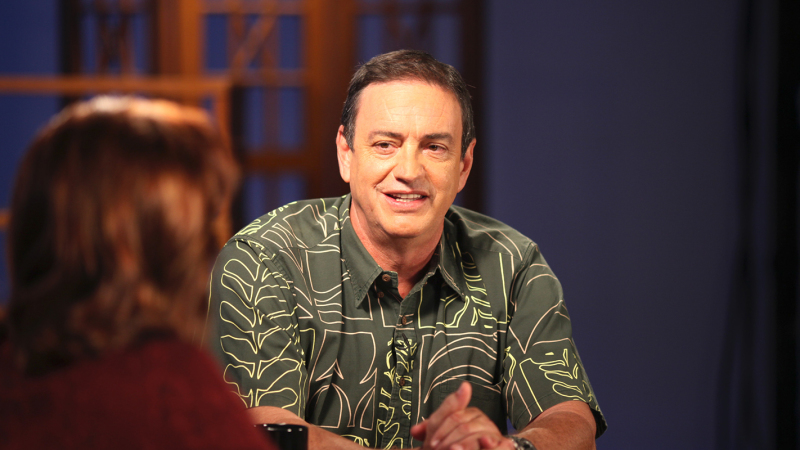Henk Rogers is well known for his contributions to the video gaming industry – most notably, his involvement with Tetris, one of the world’s top selling video games. The visionary, entrepreneur and philanthropist now seeks to make Hawaii a global model for energy independence with his non-profit, Blue Planet Foundation. “I always had a deep-rooted feeling that whatever it is that I wanted to do, I could do it,” says Rogers.
Susan Yamada is Executive Director of the Pacific Asian Center for Entrepreneurship at the University of Hawaiʻi at Manoa’s Shidler College of Business. Yamada calls herself an “accidental entrepreneur,” with a career that moved from hospitality to publishing to leading tech companies. After a successful life in Silicon Valley during the dot-com boom, she came home to Hawaiʻi, never needing to work again. But in this phase of her life, she has dedicated herself to giving back to her community by mentoring young future entrepreneurs.
Attorney Crystal Rose is a Hilo-born litigator with a reputation for being tough, fearless and strategic. She has taken on complex and contentious civil cases – and the results have helped to reshape the business landscape in Hawaii. “I’ve had the privilege...of being able to work on cases and issues that have been multi-faceted, complex. It really does make me tick,” Rose says.
Sarah Richards was the President of Hawaiʻi Theatre Center for nearly 25 years and retired in June 2014. She spearheaded the Hawaiʻi Theatre’s restoration, and the $32 million fundraising campaign for the project. Born and raised in Indiana, Sarah always had a love for the arts, which she brought with her to Hawaiʻi.
Betty White is the Head of School at Sacred Hearts Academy in Kaimuki, Honolulu. She was one of the very few in her high school class in rural Virginia who left home to pursue higher learning. She talks about her academic struggles, what brought her to Hawaiʻi and her role at an all-girl's school.
Linda Furuto is a math education professor at the University of Hawaiʻi at Manoa, and uses math regularly as she trains as an apprentice navigator on the Polynesian voyaging canoe, Hōkūleʻa. Math didn’t always come easy to her; she struggled in her tenth grade algebra class at Punahou. But she worked hard to pass the class. “I really did learn the importance of a positive attitude, working hard, and having a support network of people who want you to succeed can help you,” Linda says.
As a student at the University of Hawaii in the early 1960s, Sarah Keahi wanted to be an English teacher. But her Hawaiian language instructor, Dr. Samuel Elbert, saw a different path for her. “He said, ‘What about Hawaiian?’ And I said, ‘There were no schools teaching Hawaiian, you know,’” Keahi remembers. “And he looked at me, and he said, ‘There will be a day.’” Sarah Keahi went on to help establish a mandatory Hawaiian language curriculum at Kamehameha Schools, and taught Hawaiian language to generations of Kamehameha students.
Playwright and novelist Victoria Kneubuhl has used her writing as a way to share the history of Hawaiʻi and to give a voice to powerful women of the past. And while writing is her passion, she also sees it as a way to give something back. “One of the things that I really want people to know…who are from the islands or the Pacific, is that our stories are so worth telling. If you write something that is heartfelt and genuine, you are leaving a gift for your community,” says Kneubuhl.
Growing up in Chicago, Karen Radius learned values from her working class parents, neither of whom attended high school. After passing the bar exam in Hawaiʻi, Radius’ first job was with Legal Aid, serving some of the poorest people in Hawaiʻi. As a Family Court judge, Karen Radius learned that juvenile girls who haven’t succeeded on regular probation needed a different type of juvenile justice system. So she created Girls Court.
How is it that the culinary movement now known as Hawaii Regional Cuisine was developed by someone who grew up in a steel mill town in Pennsylvania? Chef and restaurateur Peter Merriman tells his story of falling in love with the people, culture and food of Hawaii – and how that love and respect led to a culinary movement.


